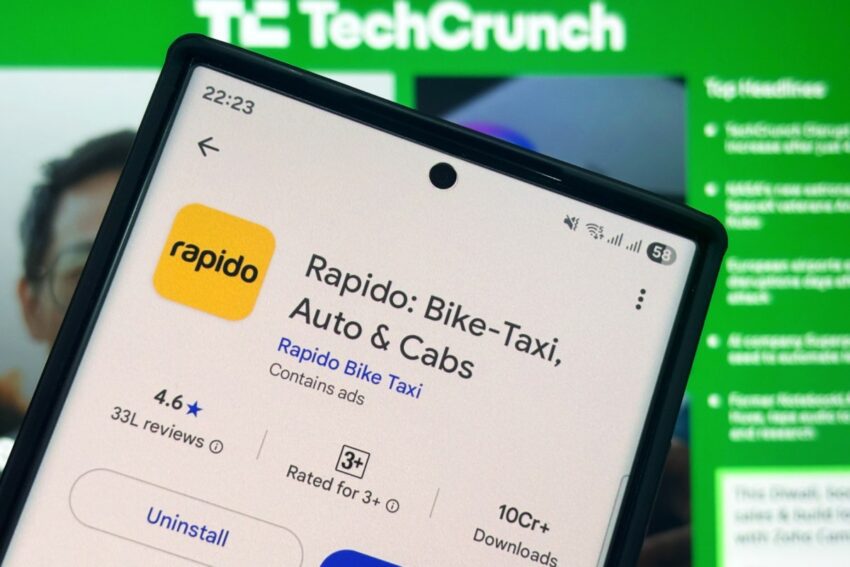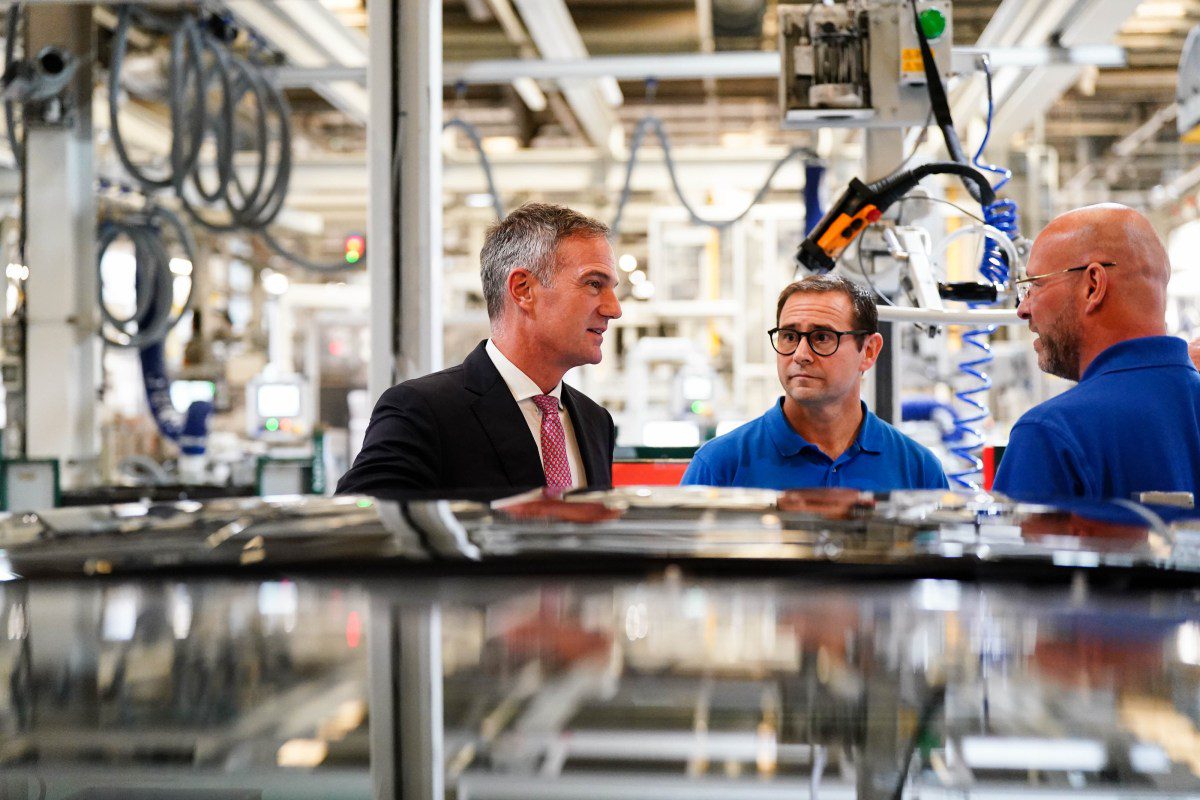
uber-rival rapido doubles valuation to 2 3b Rapido, a prominent player in the ride-hailing sector, has seen its valuation soar to $2.3 billion following Swiggy’s decision to sell its entire stake in the company.
uber-rival rapido doubles valuation to 2 3b
Background on Rapido and Swiggy
Founded in 2015, Rapido has positioned itself as a key competitor to Uber in India, focusing primarily on bike taxis. The company has carved out a niche in the urban transportation market, offering a cost-effective and efficient alternative for commuters. With a user-friendly app and a network of trained riders, Rapido has gained significant traction in metropolitan areas, appealing to users looking for quick and affordable rides.
Swiggy, on the other hand, is a well-known food delivery platform in India, having expanded its services to include grocery delivery and other logistics solutions. The company has been a significant player in the Indian tech ecosystem, attracting substantial investments and partnerships. Swiggy’s decision to invest in Rapido was part of a broader strategy to diversify its portfolio and tap into the growing demand for ride-hailing services.
Details of the Stake Sale
In a strategic move, Swiggy has offloaded its entire 12% stake in Rapido for approximately $270 million. This transaction was executed through two separate deals, reflecting Swiggy’s intent to reallocate its resources and focus on its core food delivery business. The sale not only marks a significant financial maneuver for Swiggy but also underscores the evolving landscape of the ride-hailing market in India.
Financial Implications
The sale of the stake has had immediate financial implications for both companies. For Swiggy, the infusion of $270 million allows for reinvestment into its primary business, which has faced increasing competition from rivals like Zomato and Amazon’s food delivery services. This capital can be utilized to enhance technology, expand service offerings, and improve customer experience.
For Rapido, the increased valuation to $2.3 billion is a testament to its growth trajectory and market potential. The funds raised from the stake sale could be directed toward scaling operations, enhancing technology, and expanding its service offerings. This valuation also positions Rapido favorably for future fundraising rounds, as it seeks to attract new investors and partners.
Market Context and Competitive Landscape
The ride-hailing market in India has seen exponential growth over the past few years, driven by urbanization, increasing smartphone penetration, and changing consumer preferences. With the rise of companies like Rapido, the competitive landscape has become increasingly crowded. Major players such as Uber and Ola continue to dominate, but niche players like Rapido are gaining ground by offering unique services tailored to specific consumer needs.
Rapido’s focus on bike taxis is particularly relevant in densely populated cities where traffic congestion is a significant issue. By providing a quicker and more affordable mode of transportation, Rapido has attracted a loyal user base. The company’s model also allows for lower operational costs compared to traditional taxi services, enabling it to offer competitive pricing.
Stakeholder Reactions
The decision by Swiggy to divest its stake in Rapido has elicited a range of reactions from stakeholders across the industry. Analysts have noted that the move could signal a shift in Swiggy’s strategic focus, as it aims to consolidate its position in the food delivery market. Some industry experts believe that this could lead to further consolidation in the ride-hailing sector, as companies look to streamline operations and focus on their core competencies.
Investors have responded positively to Rapido’s increased valuation, viewing it as a sign of the company’s robust growth potential. The successful sale of Swiggy’s stake may also encourage other investors to consider backing Rapido, as it demonstrates confidence in the company’s business model and market position.
Future Prospects for Rapido
With the recent valuation boost, Rapido is well-positioned to capitalize on the growing demand for ride-hailing services in India. The company has plans to expand its footprint beyond major metropolitan areas, targeting smaller cities and towns where ride-hailing services are still in their infancy. This expansion could significantly increase its user base and revenue potential.
Additionally, Rapido is exploring partnerships with local businesses and government entities to enhance its service offerings. Collaborations with logistics companies could enable Rapido to diversify its services further, potentially venturing into last-mile delivery solutions. This diversification could provide a buffer against market volatility and enhance its competitive edge.
Technological Innovations
As the ride-hailing market evolves, technological innovation will play a crucial role in shaping the future of companies like Rapido. The integration of artificial intelligence and machine learning into its platform could enhance user experience by optimizing routes, reducing wait times, and improving overall service efficiency. Furthermore, investments in safety features and rider training programs could bolster consumer confidence and attract more users to the platform.
Rapido is also considering the implementation of electric vehicles (EVs) into its fleet, aligning with global sustainability trends and government initiatives aimed at reducing carbon emissions. This move could not only enhance the company’s brand image but also attract environmentally conscious consumers.
Conclusion
The recent stake sale by Swiggy and the subsequent doubling of Rapido’s valuation to $2.3 billion mark a significant milestone in the Indian ride-hailing market. As both companies navigate the complexities of their respective industries, the implications of this transaction will likely reverberate throughout the tech ecosystem. With a focus on growth, innovation, and strategic partnerships, Rapido is poised to continue its ascent in a competitive landscape, while Swiggy reallocates its resources to strengthen its core business.
Source: Original report
Was this helpful?
Last Modified: September 23, 2025 at 10:52 pm
7 views















